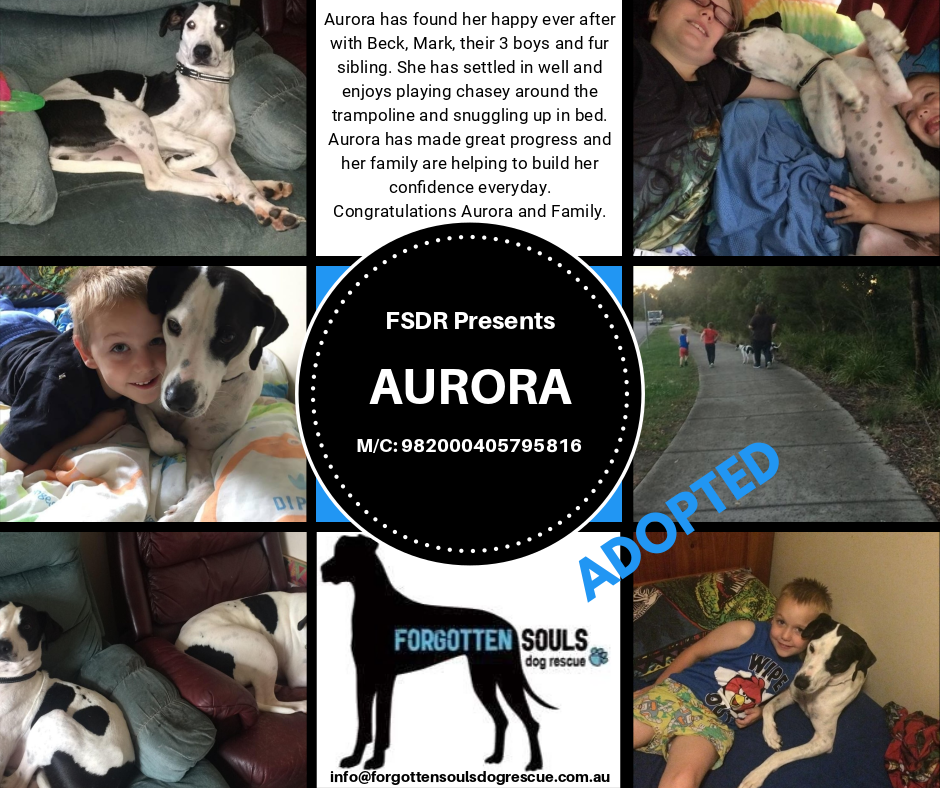

In its article “Why is Animal Rescue Rife with con artists?”, Camp Cocker Rescue provides an excellent explanation why this is important: What is your adoption process?ĭog rescues should have a standard, thorough adoption process to ensure one of its dogs is the right match for your family. I know of incidents where a dog adopted from a Washington rescue attacked and/or killed a family’s other pet or their neighbor’s pet because the dog rescue didn’t have it long enough to determine if it could be around other animals. Others sell their dogs just a day or two after they arrive.Īdopting a dog that hasn’t had a behavior assessment can be dangerous. Some dog rescues in the Seattle area even have transporters unload their dogs at adoptions event so they can sell them immediately, right out of the van. They want to sell them as fast as possible to generate quick cash.

Here are 1o questions you can ask to ensure the rescue dog you adopt comes from one of them. I do want to emphasize, however, that the majority of dog rescue groups in Washington are run by conscientious people who do fantastic work saving dogs and finding them homes. One bad review doesn’t mean a rescue isn’t trustworthy, but multiple bad reviews can, especially if they cite similar problems.

If anyone has written bad reviews about their experience with the group or filed a complaint with the Better Business Bureau, you should find it in seconds. She ended up with a dog that wasn’t a Mastiff and was “covered in feces, riddled with whipworms, with falsified vet paperwork.” First, Do an Internet SearchĪn internet search for the group and its founder(s) is the first and easiest thing you can do to identify a fake dog rescue. If this person googled the Rising Phoenix Mastiff Rescue before adopting from it she would would have found dozens of horror stories from people who bought sick and/or aggressive dogs from this fake dog rescue. While saving dogs from euthanization and finding them permanent homes is a noble pursuit, dog rescues don’t deserve any less scrutiny that you would apply to any other seller. Starting a dog rescue doesn’t automatically make someone a saint who is above reproach. This is particularly true in Washington where dog rescues are virtually unregulated. The unfortunate truth is some people, even those that run dog rescues, will always try to game the system to make a quick buck. Most people wouldn’t think this saying could apply to someone adopting a dog from a rescue group, right?Īfter all, how could someone who started a dog rescue group, someone who claims to save dogs scheduled to be euthanized and find homes for them, take advantage of anyone who wants to give one of their dogs a loving home? The phrase “Caveat Emptor” is Latin for “Let the Buyer Beware.” It means that in a transaction, the buyer alone is responsible for checking the quality and suitability of goods before making a purchase. This could happen to you if you don’t research a dog rescue before adopting from it.


 0 kommentar(er)
0 kommentar(er)
